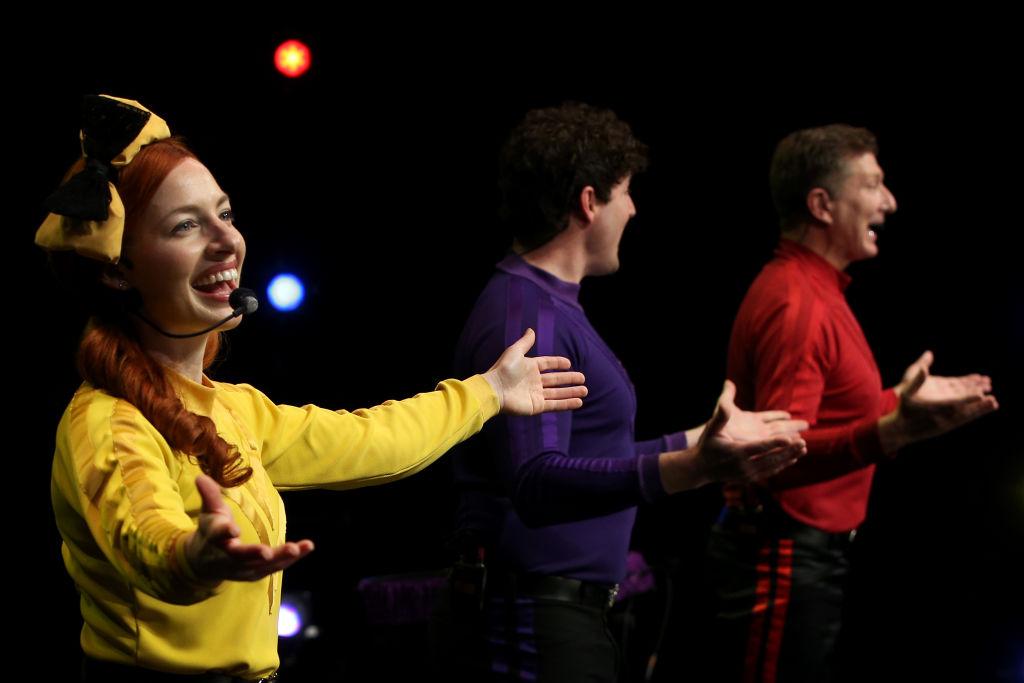Famous children’s music group The Wiggles has criticised a council in Western Australia (WA) for playing one of their songs repeatedly to deter homeless people from congregating.
Graham Bricknell Memorial Music Shell, a waterfront bandstand near the centre of the city of Bunbury in the state’s south-west, has doubled as a shelter for the homeless for about a decade.




